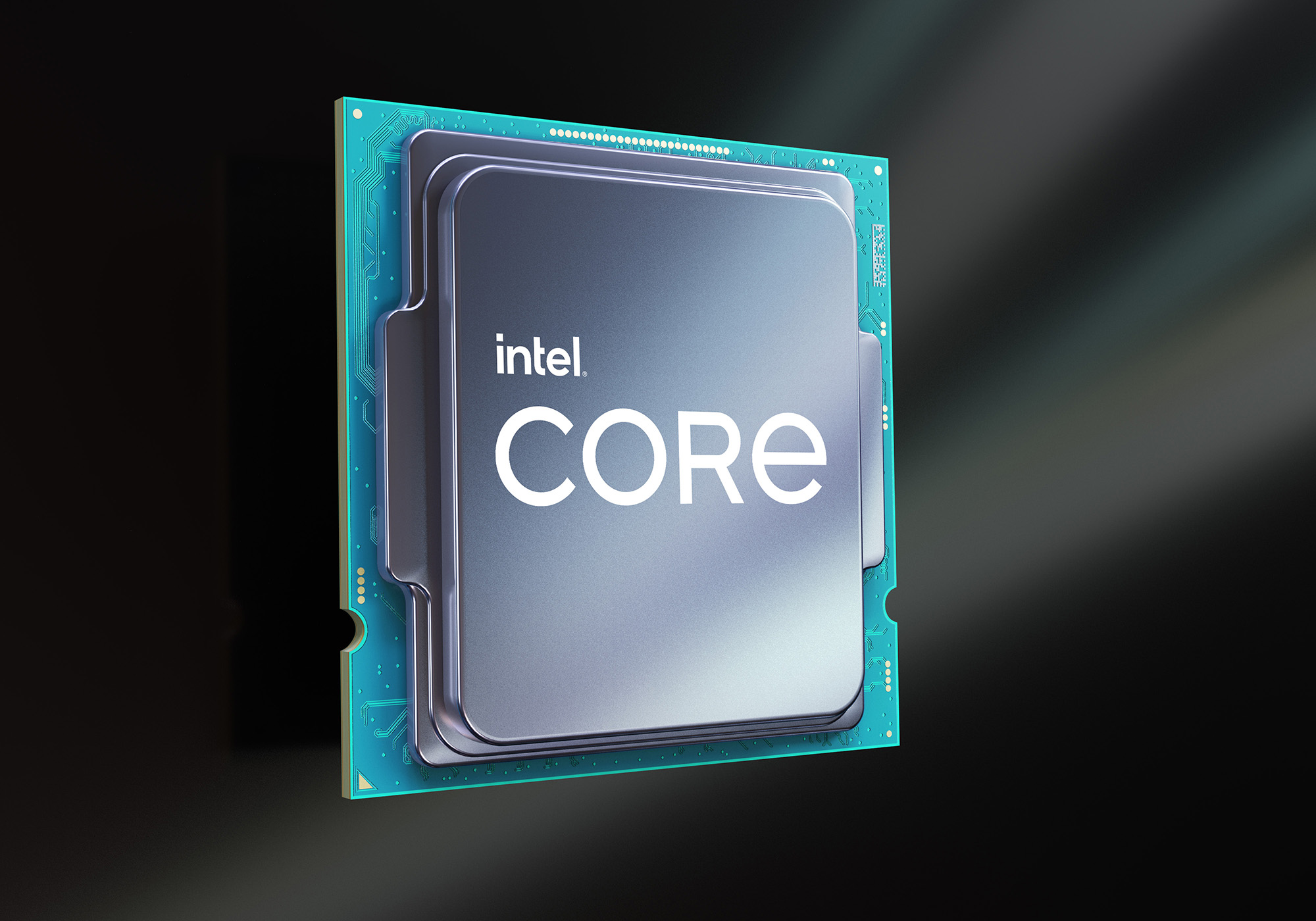If Intel had a more meaningful benchmark win to show off, then they would have shown them off.
The only people who care about this kind of minor storage bandwidth difference are the ones using heavy sustained workloads over a long period of time... If Intel had a significant lead in those benchmarks, then they would have shown that instead.
If photoshop launches in 5 seconds instead of 5.5 seconds its like... Alright. Neat.
But ultimately windows, the filesystem, and software are the bottlenecks right now so the real life difference may not even be measurable, let alone noticeable. I barely even noticed a difference when moving up from an old ~300MBps sata SSD to a nvme drive promising roughly 10x the rated performance.
For what it's worth, that system with an i5 4670k and sata SSD booted significantly faster than my shiny new ryzen 3700x did on nvme. Because, the storage bandwidth wasn't the problem. It was Ryzen's slow buggy launch BIOS, which still have some room for improvement.


